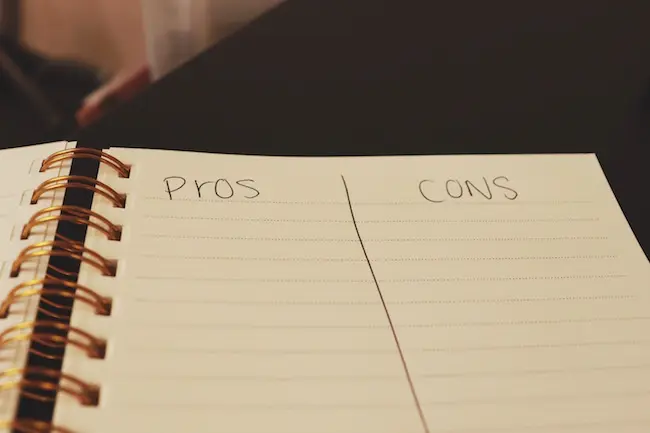Sole Ownership
With sole ownership, you’re just an individual who owns a property. It’s pretty common. If and when you die, the property will go to probate, and the court will decide how your property is split up or sold.
Transfer on Death
Transfer on Death, or TOD, is relatively new. It started in January of 2016, and it’s known as a beneficiary deed. In this case, your property must be a single family home, a condo, or a building with two to four units. It can’t be an apartment building. You spell out in the deed who the property goes to when you die, and your beneficiary gets it upon your death.
Tenants in Common
Tenants in Common means you have several owners with unequal ownership. For example, I could have three tenants in common, or partners, and maybe I own 20 percent of the property and the other two own 40 percent each. The good thing about this is that you can will your share to anyone. But, if you’re an owner, you could own the property with strangers one day. There could be a partition lawsuit, in which a court may force one of the partners to share their part of the property, giving you a new partner without your say. It’s good to have a solid partnership agreement if you’re doing Tenants in Common.
Joint Tenancy with Rider Survivorship
This path provides equal ownership with rider survivorship. So, if there are two joint tenants and one dies, the property automatically goes to the other joint tenant and avoids probate. This is good because probate is costly, and we want to avoid it.
Community Property
California is a community property state with rider survivorship. When your spouse dies, you get a stepped up basis. This means the taxable gain on your property is the selling price minus that basis. The basis is often much higher than the before death cost basis. So, when the spouse dies, the stepped up basis is used, making your net taxable gain much smaller. It’s one of the benefits of community property.
LLC Option
LLC has pass through taxation, and your liability is limited to what the LLC owns. If you have a lot of assets, it’s a good idea to put your properties in LLCs or multiple properties in one LLC. It protects you from lawsuits.
Living Trust
A living trust also helps you avoid probate. In this case, your property transfers to the trustee upon death. This keeps your assets private. It’s harder for people to find out what you own. This will cost around $1,000 to $1,500 to set up.
If we can help you with any of this or you have any questions, let us know. It’s important to know how you hold title because if you die or a partner dies, you need to be informed about what would happen.
If you would like to discuss ways to hold title to real estate further, please contact us at Good Life Property Management. Remember that this is general information, please check with your attorney regarding your specific circumstance.
If you found this article helpful, follow us on social media. We post daily tips to help you manage your own rental property:
Steve Welty
Subscribe to our Weekly Newsletter
Join the 5k+ homeowners receiving Local Law Updates and Landlord Tips. Delivered to your inbox every Saturday at 6am PST.
Share this:
Get in touch with us:
We make owning rental property easy.
Choose Your Next Step
Good Life Blogs
We believe that education is empowering.
Pros and Cons of Hiring a Property Management Company
Read about the pros and cons of using a property management company to manage your rental properties. In this article, we touch on what makes a property management company beneficial but also why some people might be hesitant to hire.
Pros and Cons of Rent Control
The subject of rent control has become increasingly popular over the last couple decades. As rent prices continue to skyrocket across the country, more and more tenants get priced out of their homes and neighborhoods. This is why the majority of tenants are in favor of…
Section 8 in San Diego: How It Works
Rental assistance in San Diego is a hot topic as of late. Many landlords and property managers have heard of Section 8, but don’t know all the ins and outs of the program. As of January 2020, all landlords and property managers are required to accept Section 8 housing vouchers as a form of income…








